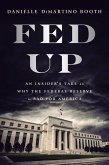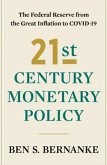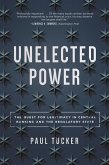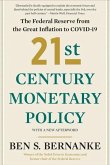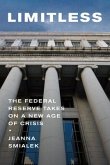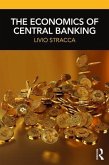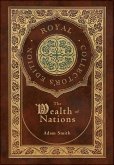"It is a bedrock principle of the US Constitution that Congress, as representatives of the people, sets economic policy and directs government resources. This all changed thirteen years ago, and even more dramatically during the pandemic. The Federal Reserve operates independently from the rest of the government, and can create as much money as it sees fit and use it without the prior approval of Congress, the courts, or the President. When the Fed creates new money to address economic problems, it helps certain groups, like powerful business interests, and becomes a massive driver of inequality. Menand tells the story of how the Fed became out of control during the 2008 financial crisis and the 2020 pandemic, and what can be done about it"--
Hinweis: Dieser Artikel kann nur an eine deutsche Lieferadresse ausgeliefert werden.
Hinweis: Dieser Artikel kann nur an eine deutsche Lieferadresse ausgeliefert werden.


